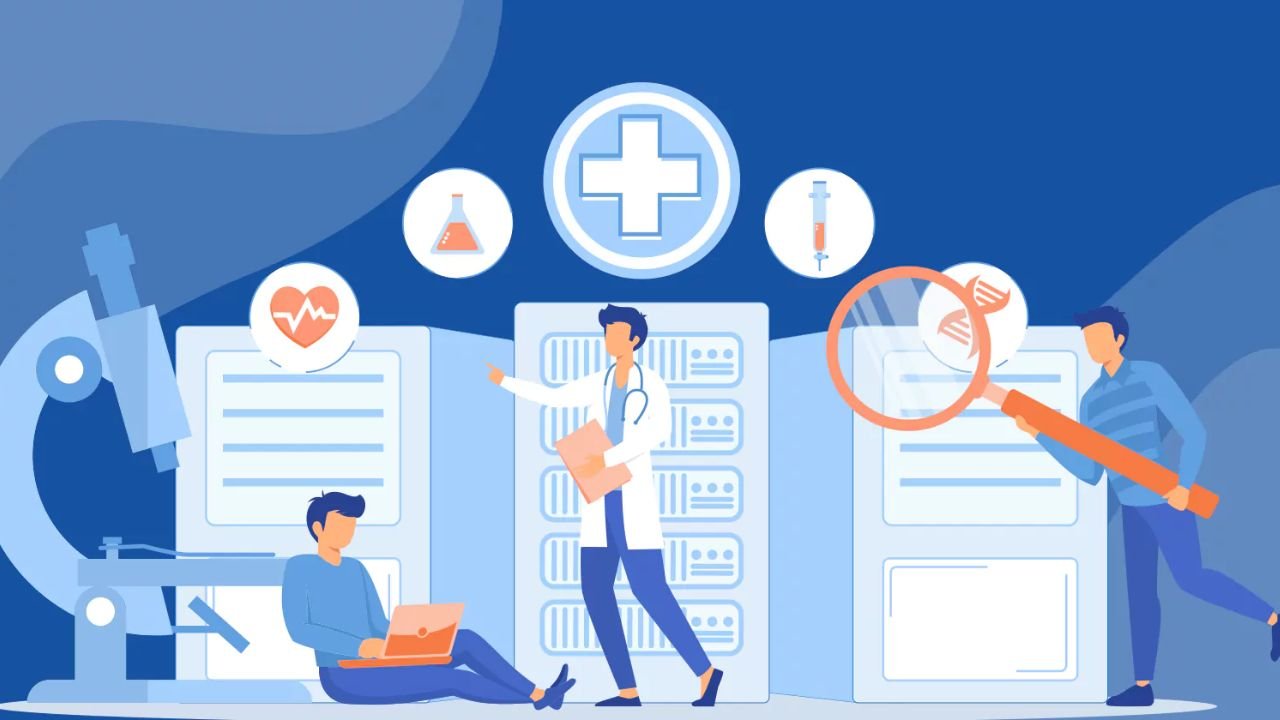Starting hormone care is a big and life-affirming step for many transgender and gender-diverse people. Before starting any trans healthcare medication, it’s important to take a thorough and careful approach to make sure the transition is safe, effective, and supportive. This means knowing the physical, psychological, and social effects of hormone therapy so that people can make choices that are in line with their own objectives and health.
Comprehensive Medical Evaluation
A complete medical evaluation by a healthcare physician who is skilled in transgender treatment is the first and most important thing to think about. This first evaluation usually includes a thorough medical history, a physical exam, and a series of basic blood tests. These tests are very important for examining hormone levels, liver and kidney function, lipid profiles, and looking for any health problems that may already exist, such diabetes, heart disease, or some malignancies, that could be made worse by hormone therapy. Finding any possible contraindications or dangers early on lets for the right management or other options, making sure the person’s safety throughout the process.
Understanding Expected Changes and Timeline
People should know exactly what physical and emotional effects they can expect from hormone therapy. A qualified supplier will be able to tell you how the masculinising or feminising effects usually happen over time and how long they last. For example, transmasculine people can expect their voices to get deeper, their body hair to grow, and their muscles to move around. Transfeminine people might expect their breasts to grow, their fat to move around, and their skin to get softer. It’s crucial to know the difference between changes that are permanent (like changes in voice, bone structure, and clitoral growth) and changes that can be undone (like changes in muscle mass and fat distribution). You should also be realistic about how fast and how much these changes will happen.
Potential Risks and Side Effects
Like any other medicine, trans healthcare medicine might have side effects and hazards. You should talk about these things in depth with the healthcare team. Some of the hazards of testosterone include polycythaemia (an increase in red blood cells), bad changes in lipids, and possible effects on heart health. Some common negative effects are acne, oily skin, and mood swings. For oestrogen, the hazards could include blood clots (particularly with older forms or certain ways of taking it), gallstones, and high triglyceride levels. Breast pain, nausea, and mood swings are some of the most common adverse effects. People can keep an eye on their health and report any problems right once if they know about these possible effects.
Fertility Preservation
Hormone therapy can have a big effect on fertility, and it can even make it impossible to get pregnant. So, before taking hormones, it’s important to talk about how to keep your fertility. If you are thinking about becoming a biological parent in the future, you should look into options like sperm banking for transmasculine people or egg freezing or embryo cryopreservation for transfeminine people. This talk should happen early in the planning process because some ways of preserving need to be done before hormone therapy starts.
Mental Health and Help Networks
Hormone therapy can greatly enhance mental health by easing gender dysphoria, but it’s a good idea to think about getting mental health care before and during the process. A psychiatric evaluation can assist in affirming a person’s gender identification, treat any other mental health issues they may have, and give them ways to deal with the emotional side of transitioning. Getting help from family, friends, or community groups can also be very helpful on the path.
In conclusion, people should get a full medical and psychological evaluation, know what changes to expect and what hazards can come with them, think about preserving their fertility, and make sure they have enough mental health support before starting any trans healthcare medication. This all-encompassing approach gives people the tools they need to start their hormonal journey with confidence and safety.



